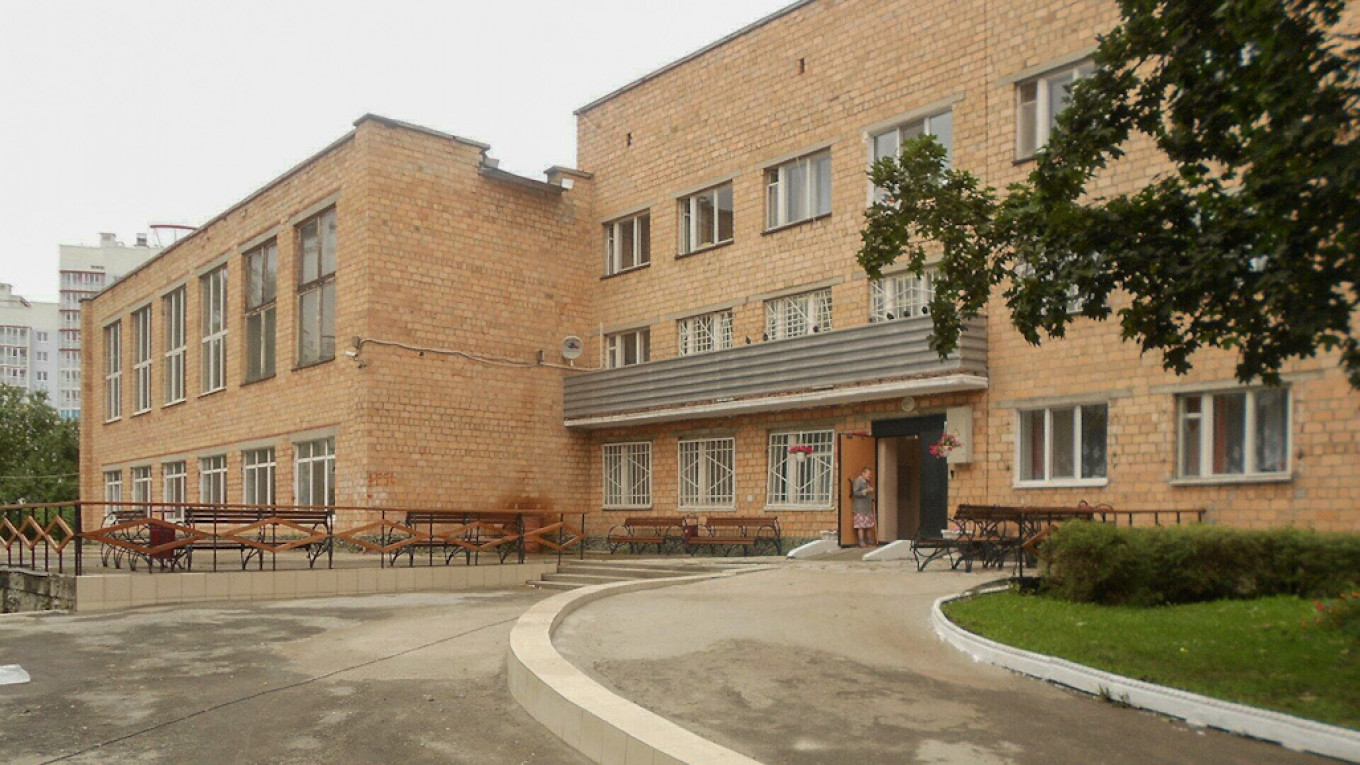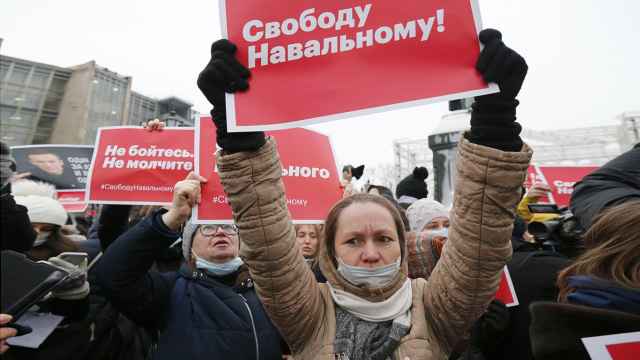At least 15 women at an assisted-living facility in Russia’s fourth-largest city of Yekaterinburg have been subjected to forced sterilization over the years, media outlets and officials reported this week.
One former resident died after undergoing the surgical procedure, her widower told national television.
Law enforcement and health authorities in the Sverdlovsk region launched a probe into the reports that women at the state-run Uktus Boarding House have been coerced into being sterilized.
“This method of sterilization is undoubtedly Stone Age, it’s unacceptable,” said regional human rights ombudswoman Tatyana Merzlyakova.
A nationwide scandal broke out after local media published an interview Saturday with one of the women who said the boarding house subjected her to compulsory sterilization. The outlets reported that a total of 15 women at the facility, which houses orphans with health issues, the elderly and the disabled, had been forced to sterilize over the past decade.
Another woman said that staffers and psychiatrists at a hospital where the sterilizations took place had threatened to institutionalize them if they refused to give written consent.
Sterilization without written consent, or a court order if the person is disabled, is illegal in Russia.
The head of the Uktus Boarding House said that it had sterilized 15 women between 2006-16 and claimed that all of them had given written consent to the procedures, the state-run RIA Novosti news agency reported Monday.
“Four of them were incapacitated,” the director, Irina Verkholantseva, told the outlet.
Merzlyakova, the human rights ombudswoman, proposed free in vitro fertilization for the women Thursday.
In 2005, six patients at a Moscow region psychiatric facility accused doctors of forcibly sterilizing them. Compulsory sterilizations for fear that women will have mentally ill children is a Soviet relic still common in Russia, mental health activists told The Moscow Times at the time.
An International Criminal Court memorandum not signed by Russia, the United States or China defines forced sterilization as a crime against humanity.
A Message from The Moscow Times:
Dear readers,
We are facing unprecedented challenges. Russia's Prosecutor General's Office has designated The Moscow Times as an "undesirable" organization, criminalizing our work and putting our staff at risk of prosecution. This follows our earlier unjust labeling as a "foreign agent."
These actions are direct attempts to silence independent journalism in Russia. The authorities claim our work "discredits the decisions of the Russian leadership." We see things differently: we strive to provide accurate, unbiased reporting on Russia.
We, the journalists of The Moscow Times, refuse to be silenced. But to continue our work, we need your help.
Your support, no matter how small, makes a world of difference. If you can, please support us monthly starting from just $2. It's quick to set up, and every contribution makes a significant impact.
By supporting The Moscow Times, you're defending open, independent journalism in the face of repression. Thank you for standing with us.
Remind me later.






